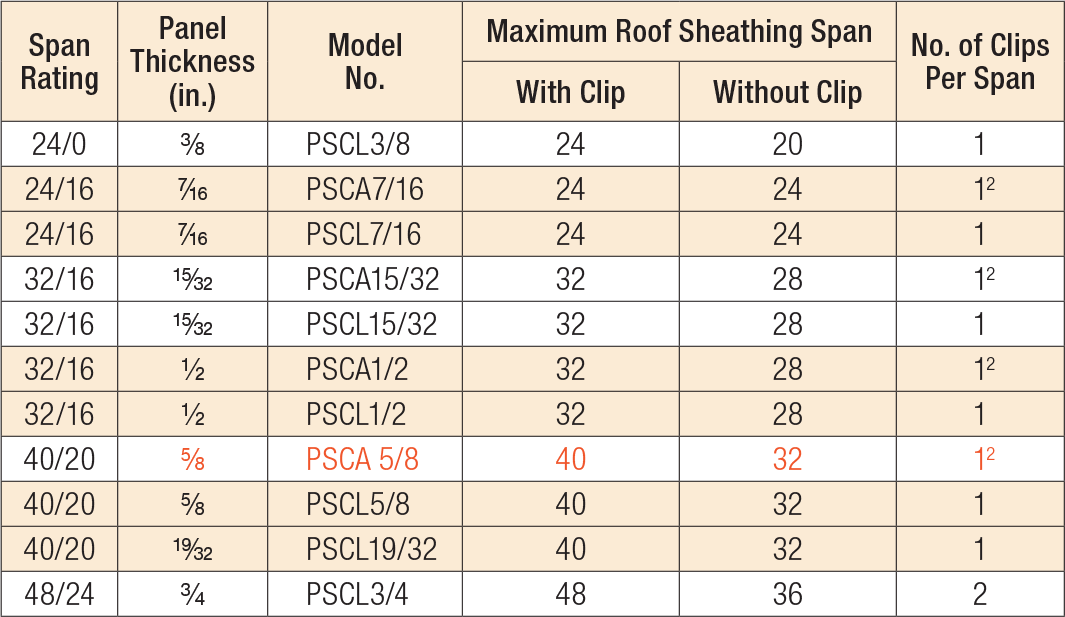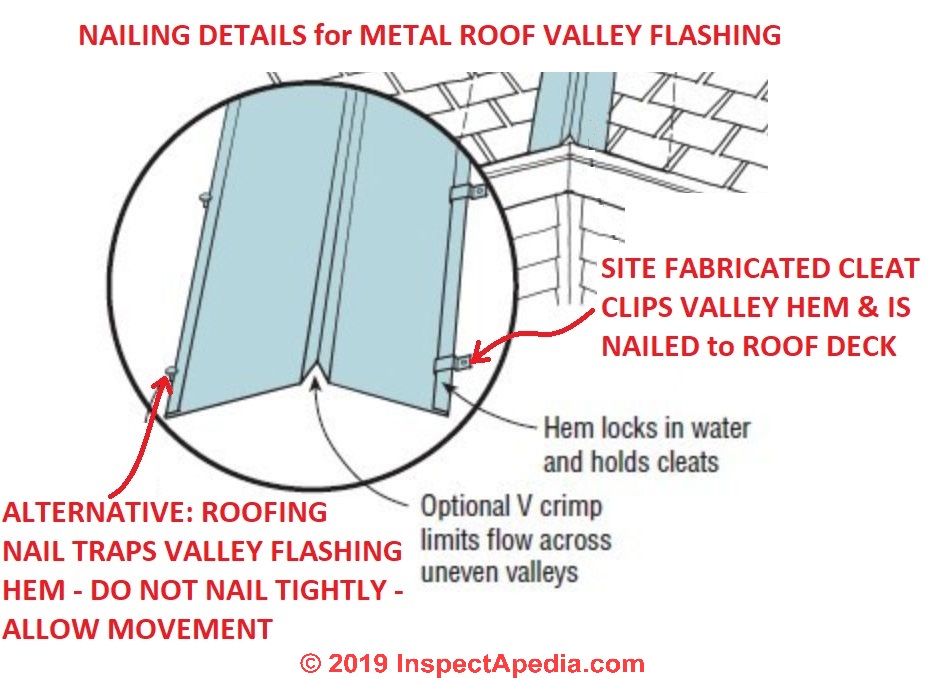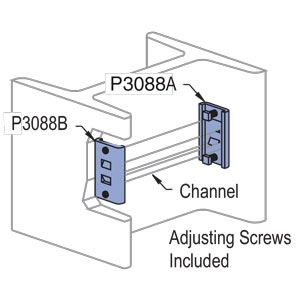Simpson strong tie panel sheathing clips are used to brace unsupported sheathing edges and provide a 1 8 gap to address shrinkage and expansion of roof sheathing.
Placement of sheathing clips for roofing.
Roof sheathing comes in grid marked 4 by 8 foot sheets and should be installed perpendicular to the frame.
Some older h clips do not provide a built in gap.
For improved performance consider thicker roof sheathing panels panel edge clips or panels with tongue and groove edges.
Examine your roof for diagonal beams.
Never attach roof sheathing with staples.
This is to allow for adequate roof cavity ventilation.
Sheathing should be a minimum of 19 32 inch thick.
The thickness of ply you install can vary depending on your builder and how your roof trusses are spaced.
Spacer type panel edge clips are available from some manufacturers.
Generally 12 15mm ply is the most commonly used thickness.
Keeps panels even for a level structural plane.
Plywood clips also referred to as h clips or panel edge clips are small metal brackets placed between the unsupported edges of plywood sheathing to effectively reduce the support spacing and stiffen the plywood.
You ll need to ensure the line is square and the sheet finishes 10 30mm from the fascia.
The clips are inserted over the edges of the adjacent plywood panels to reduce deflection of the panel edges between the framing members and are most commonly used for roof sheathing.
8d ring shank nails should be used instead.
Roof sheathing panel spacing hints.
Doing this means you can go to the hardware store and be sure that you are buying the right amount of clips.
Quick installation no nails required.
Panel sheathing clips are used to brace unsupported panel edges when sheathing meets edge to edge without a rafter for support.
Space between plywood panels as recommended by the american plywood association.
Use a 10d box 0 128 inch by 3 inch nail as a spacer to gauge 1 8 inch edge and end spacing between panels.
Edge clip requirements depend on the relationship of the panel span rating to the actual distance between roof framing.
Not always required but a good idea.
The typical thickness range for sheathing is 3 8 to 3 4 inch.
You need to get into the attic of your roof using a ladder and inspect the connections between the diagonal beams and horizontal beams.



























